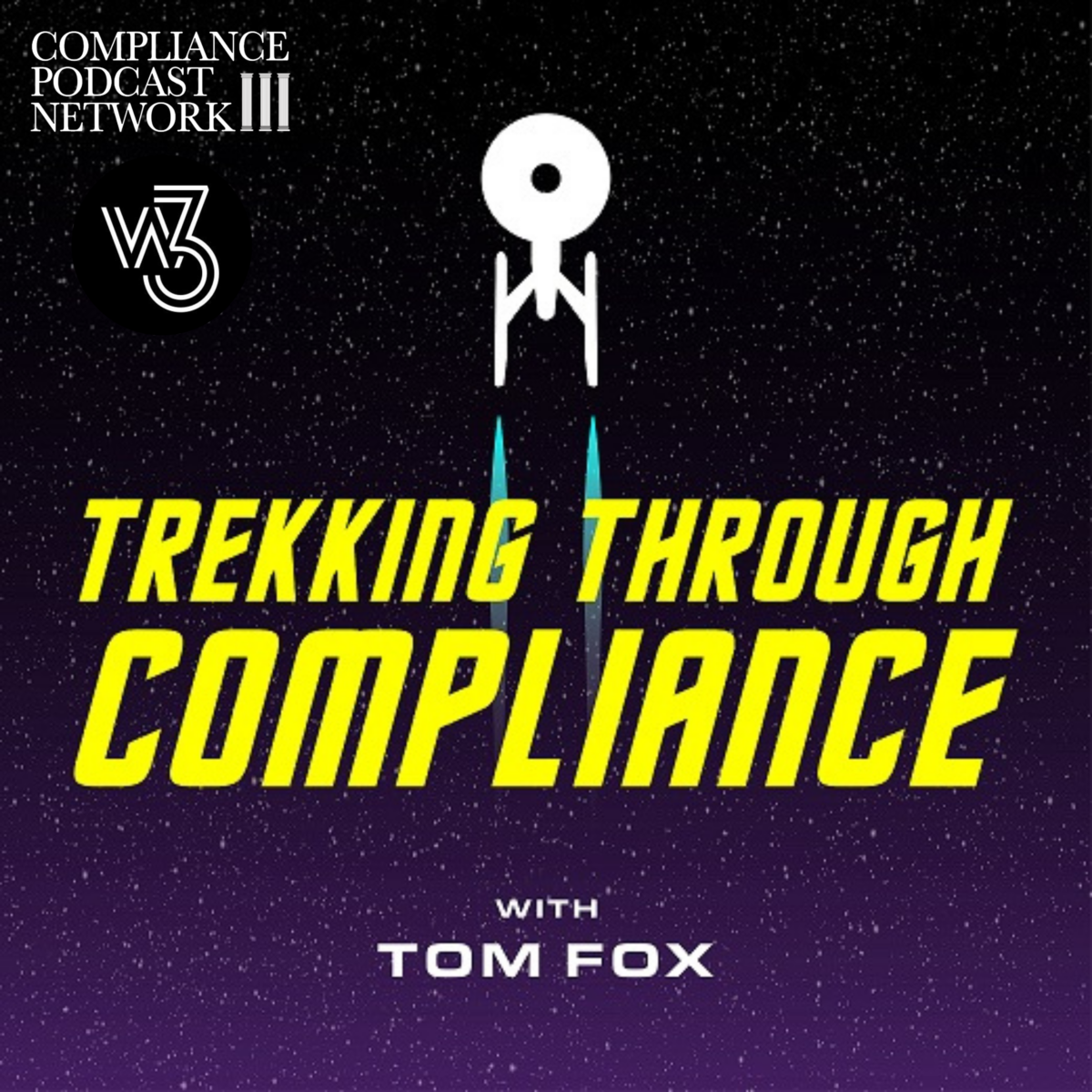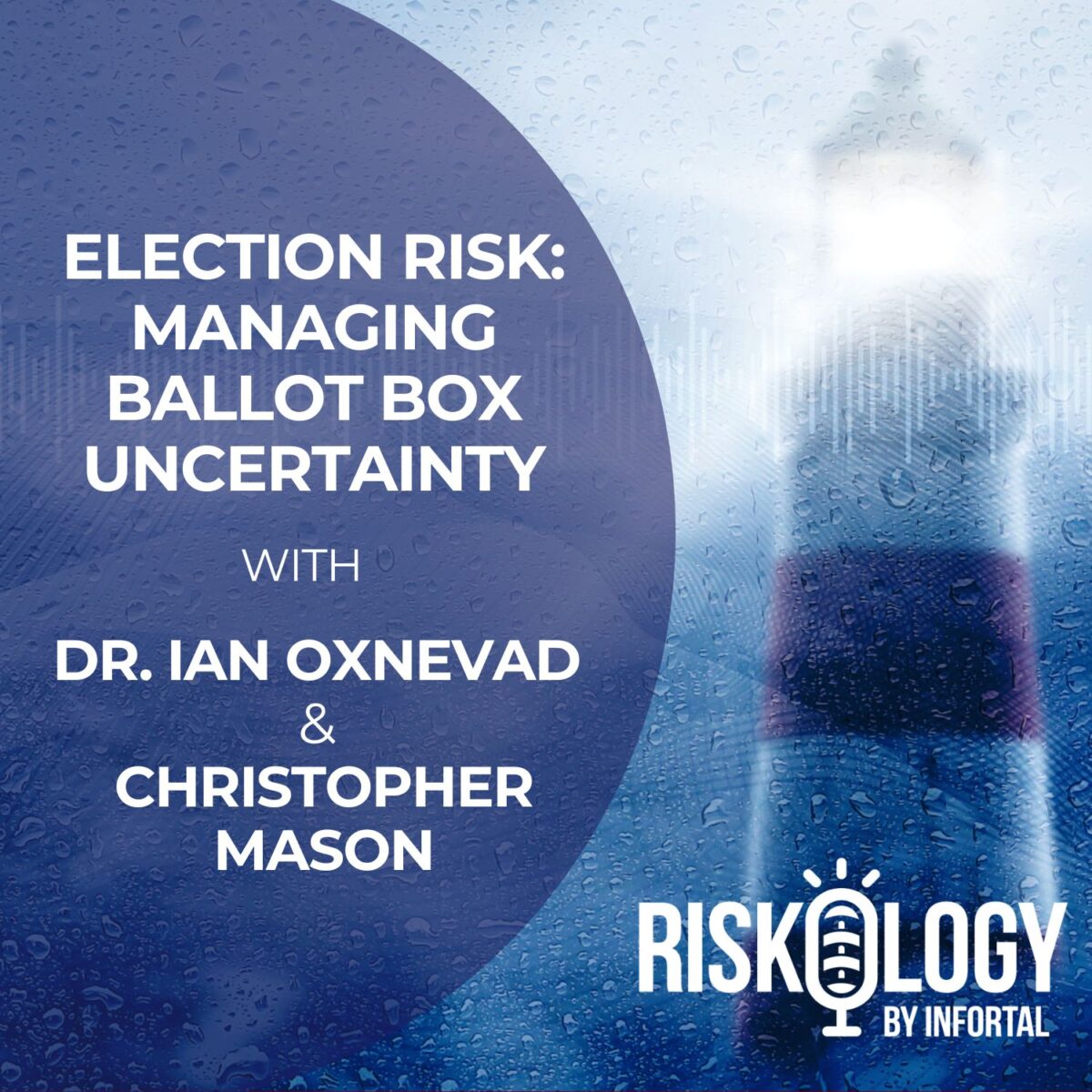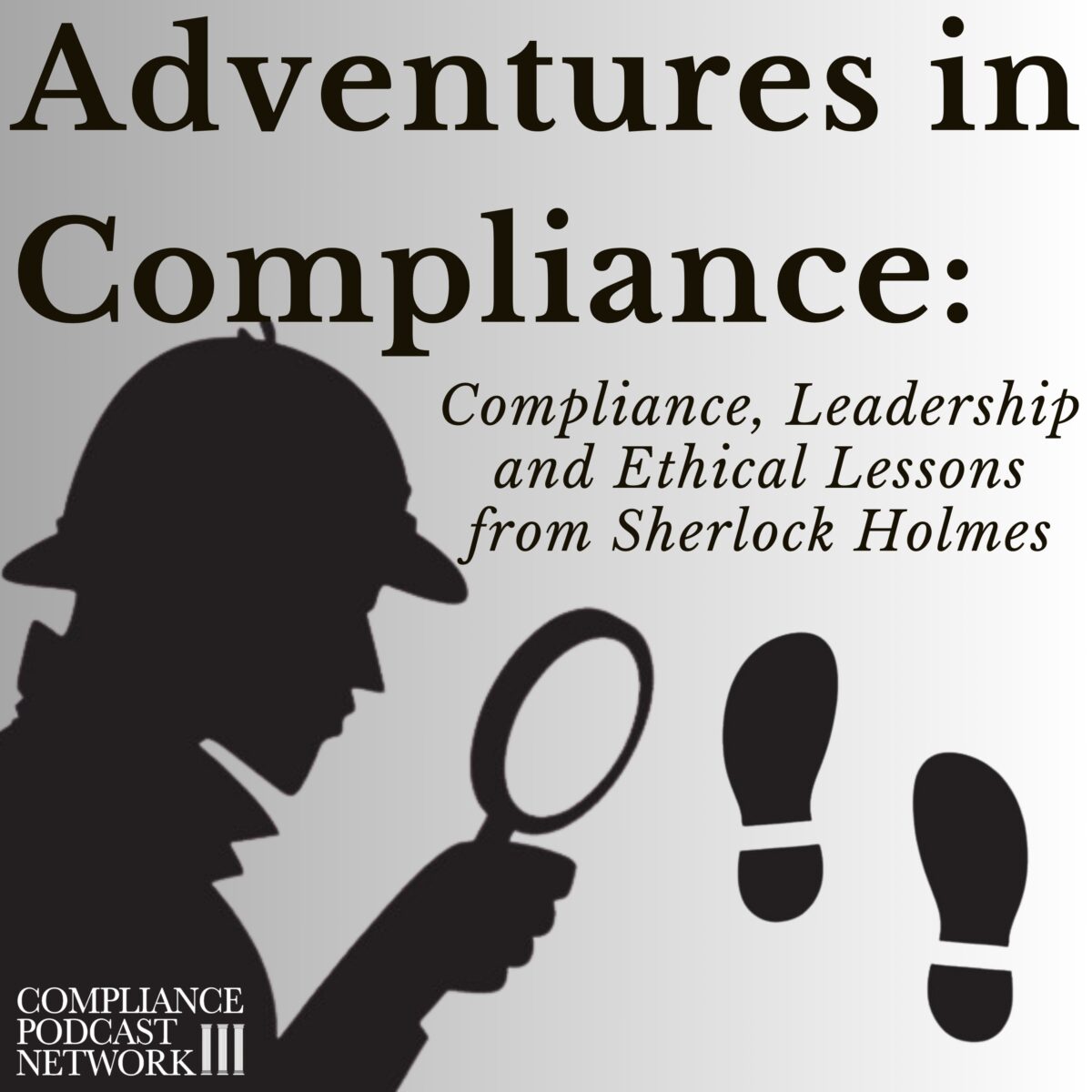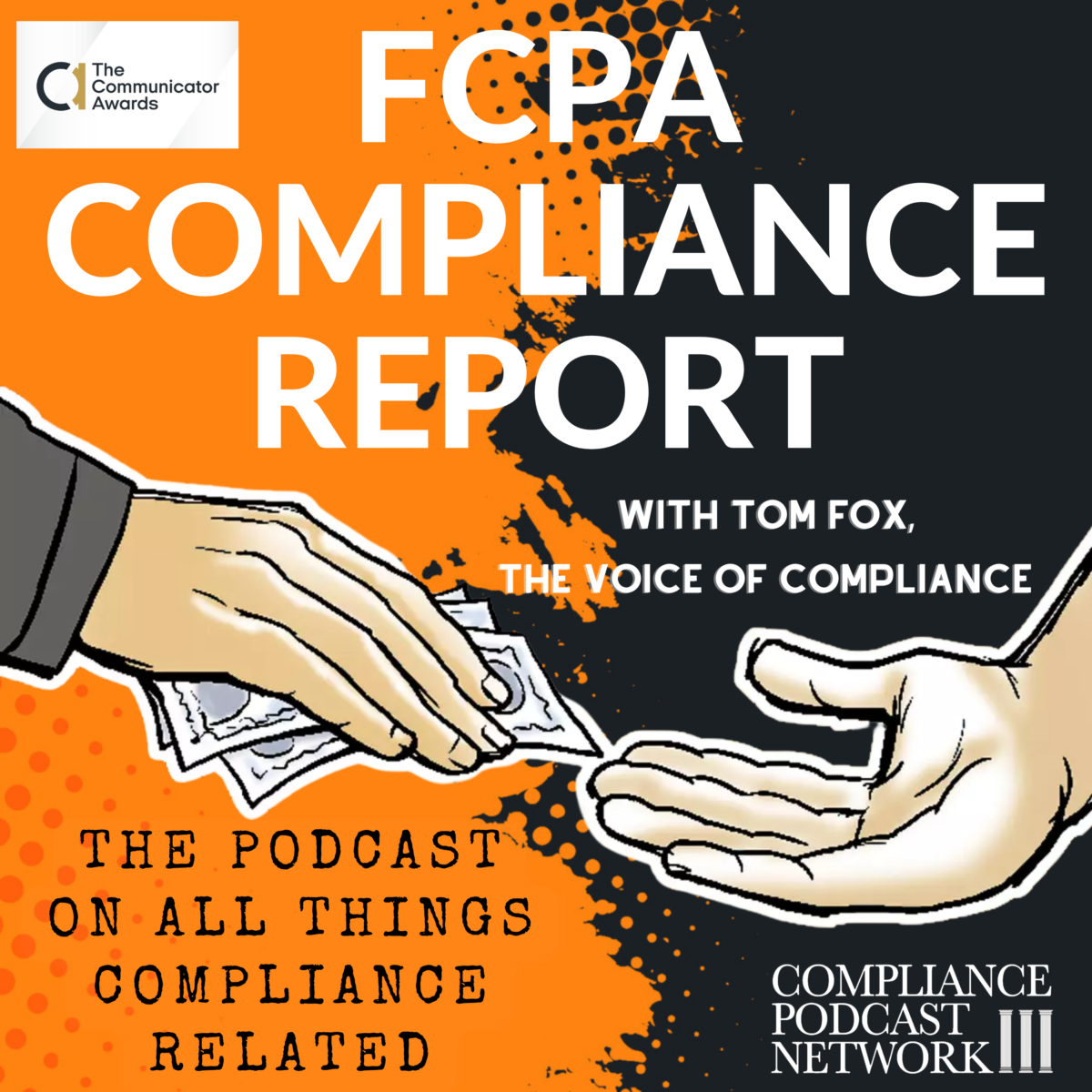In probably a move that will surprise no one, the families of the victims of the two Boeing 737 MAX crashes have objected to the Department of Justice’s (DOJ) announced approach to a monitorship for Boeing. Having been so badly mistreated by Boeing and then the DOJ, it is hardly unexpected that these families would find the DOJ’s announced approach unacceptable. In an article in the Financial Times, Claire Bushy reported that the DOJ announced that it would solicit proposals and then “pick from among them “with feedback from Boeing,” with the court having 10 days to object to the department’s choice.”
The victims’ families vehemently objected with comments such as those from “Javier de Luis, an aeronautics professor at the Massachusetts Institute of Technology whose sister was killed in the second Max crash, [who] said the justice department’s proposed process to choose a monitor is essentially Boeing “picking its probation officer.” “Giving Boeing a say as to who is responsible for monitoring them goes against first principles for how justice is done,” he said.” The article also noted that “the families want Judge Reed O’Connor to select the monitor, said Erin Applebaum, one of the lawyers on the case. They would like the judge to consider names they suggest but believe anyone picked by the court would do a better job than a choice from the DoJ and Boeing.”
As I have previously noted, the traditional DOJ approach to a Boeing monitorship needs to be rethought entirely. A standard monitorship involves the appointment of an independent monitor who oversees the company’s compliance with legal and regulatory requirements. This oversight ensures that the company adheres to the terms of its settlement and implements necessary reforms. The monitor acts as an impartial third party, reporting to the DOJ on the company’s progress and adherence to ethical standards. However, Boeing’s needs go far beyond ethics and compliance.
The DOJ needs to revise its approach to Boeing’s monitoring to consider all stakeholders’ interests. These include the US government, the victims’ families, the worldwide flying public, Boeing employees and suppliers, Boeing shareholders, and Boeing itself. The DOJ needs to create the most comprehensive monitoring plan ever used. Why? Because there has never been a corporate case more important to the United States than getting Boeing back on track. It is the approach I have dubbed the “Omnibus Monitorship.”
The reason is simple: we all want Boeing to get its remediation right. Boeing must turn around from a culture where employees fear stepping forward. There are acceptable slipshod work and work practices, where employees who do report problems are actively harassed, where employees lie and mislead federal regulators over fundamental safety issues, and where the almighty dollar is put so far above safety that hundreds of lives were lost. This means a monitorship where multiple areas are monitored, overseen, and thoroughly remediated to pass the most potent form of testing and controls at the end of a lengthy period (at least 3 years). The DOJ and Court need to stay actively involved in the monitoring, not simply reviewing annual claims but testing any claims by Boeing through rigorous data analytics. Boeing has demonstrated that it cannot turn itself around, and a new and daring approach is needed for the company.
The victim’s families have suggested reporting at one-month intervals or perhaps three-month intervals. While it may be difficult to see progress in 30 days, the victims’ families are right to demand real progress, real transparency, and, most importantly, real change at Boeing. This is where Boeing comes into the equation. Boeing must fully embrace the biggest, most comprehensive, and even most expensive monitorship ever.
One of the most significant benefits of this Omnibus Monitor approach would be restoring trust and credibility for Boeing. The 737 Max incidents have deeply tarnished Boeing’s reputation among regulators, the public, investors, and other stakeholders. Accepting this Omnibus Monitor would demonstrate a commitment to transparency and accountability, demonstrating that Boeing is willing to undergo rigorous scrutiny to regain its standing.
Transparency is a cornerstone of trust. By allowing this Omnibus Monitor to evaluate and report on its practices, Boeing can show that it has nothing to hide and is dedicated to making genuine improvements. This openness can help rebuild confidence among customers, suppliers, and the aviation community.
This Omnibus Monitor would have multiple monitors under it. A critical area where Boeing must improve is its internal culture. A monitor can play a pivotal role in this transformation of culture. The Culture Monitor can help Boeing develop a robust compliance program that prioritizes safety and ethical conduct by providing unbiased assessments and recommendations. An external perspective is invaluable in identifying blind spots and areas of resistance within the organization. Boeing has demonstrated that it cannot recognize and address deeply ingrained cultural issues. A Culture Monitor can provide the objectivity and expertise needed to drive meaningful change, ensuring that safety and compliance are ingrained in every aspect of Boeing’s operations.
The DOJ cannot take the usual approach to this Boeing Monitorship. It needs to not simply rethink its approach but incorporate the critiques of the victims’ families and the Court’s oversight role into this monitorship. A business-as-usual approach will not have the support or the strength to make the necessary changes.










